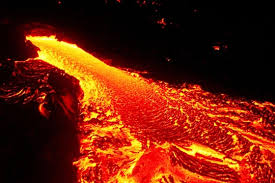记忆方法
将“lave”与“love”对比记忆,可以将“lave”想象成一种轻柔的洗涤或擦拭动作,类似于用爱意般温柔的触摸。这样的视觉联想可以帮助记忆“lave”的意思,即洗涤、清洗或擦拭。
以上内容由AI生成, 仅供参考和借鉴
英语词源
- lave (v.)
- c. 1200, from Old English gelafian "wash by pouring, pour (water)," possibly an early English or West Germanic borrowing (compare Dutch laven, German laben) of Latin lavare "to wash," or its Old French descendant, laver. Latin lavare is from PIE *leu(e)- "to wash" (cognates: Latin luere "to wash," Greek louein "to wash, bathe," Old Irish loathar "basin," Breton laouer "trough," Old English leaþor "lather").
权威例句
- 1. We've instructions to lave them be.'
- 我们上峰有指示,让他们闹去吧. ”
- 2. Lave ejected from the volcano. Luckily, it did not hurt people.
- 熔岩从火山喷出, 幸好没伤着人.
- 3. Bids are free, so you lave nothing to lose.
- 反正报价不要钱, 您没有损失.
- 4. The volcano spurts smoke and lave after 3 years of silence.
- 平静了三年的火山突然喷出浓烟和熔岩.
- 5. Some say lave, it is hunger, an endless aching need.
- 有人说, 爱是饥饿, 痛苦的渴求是永不停歇.
